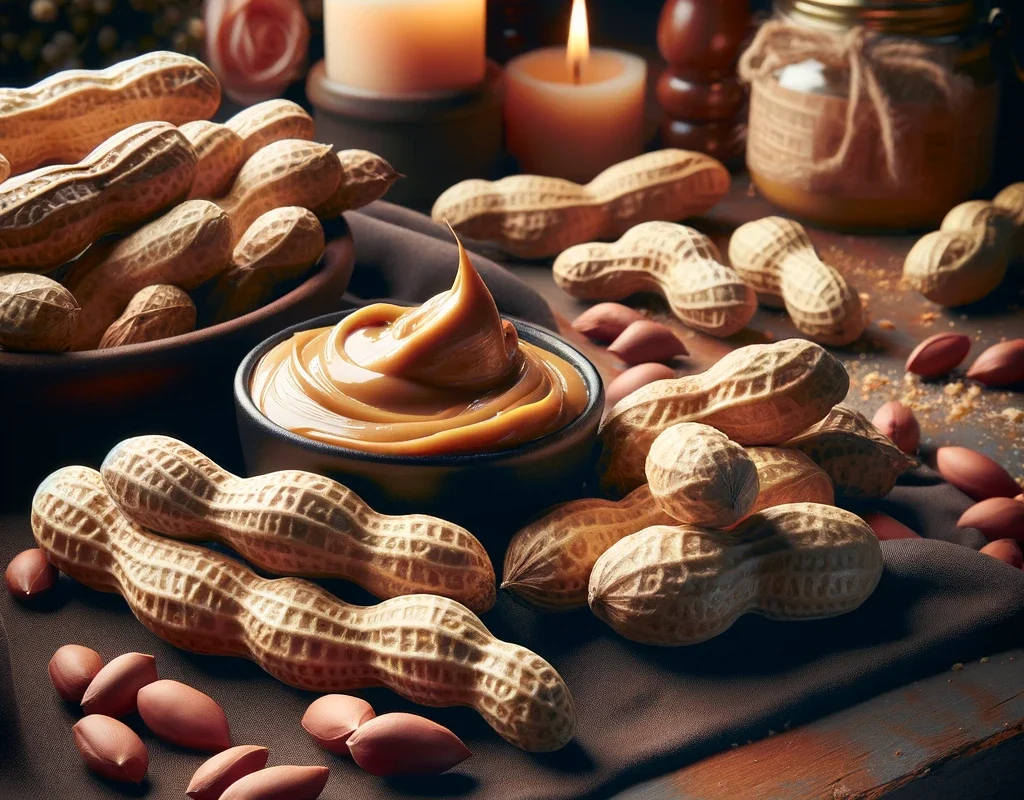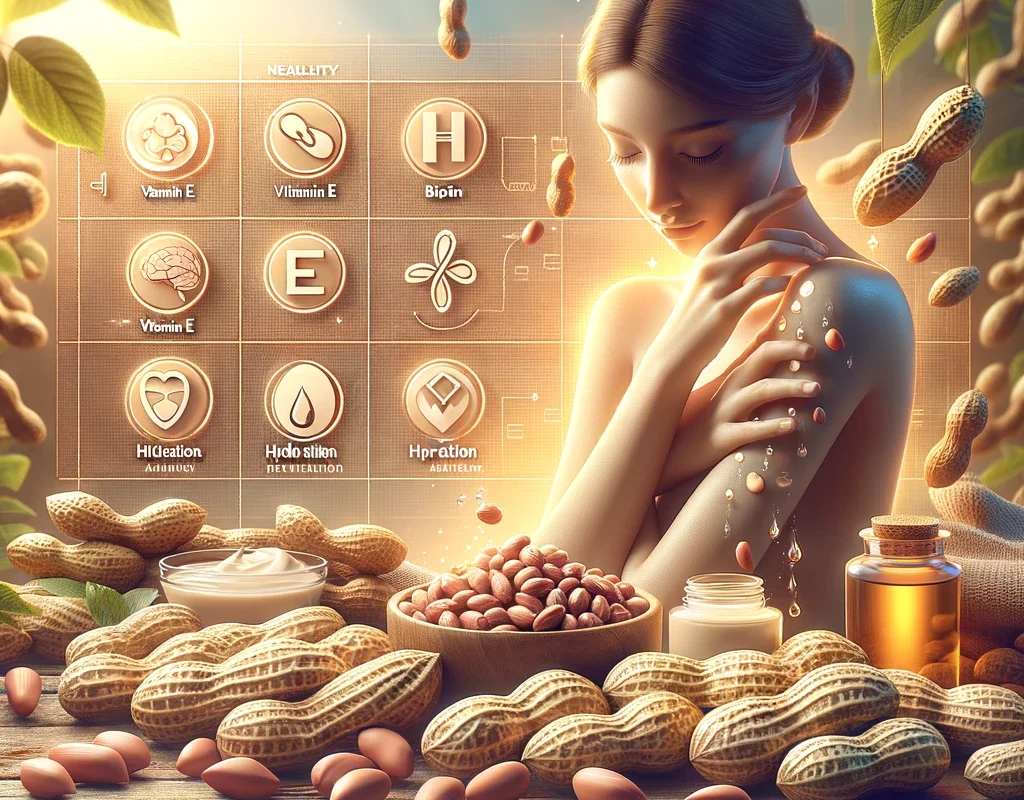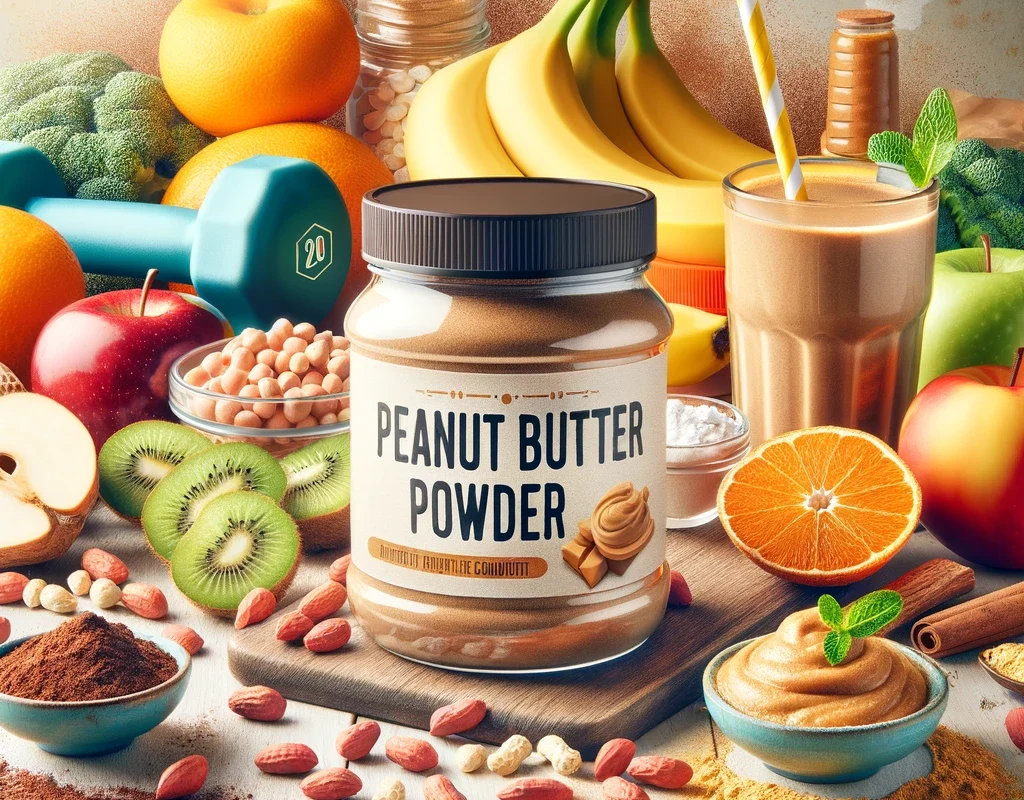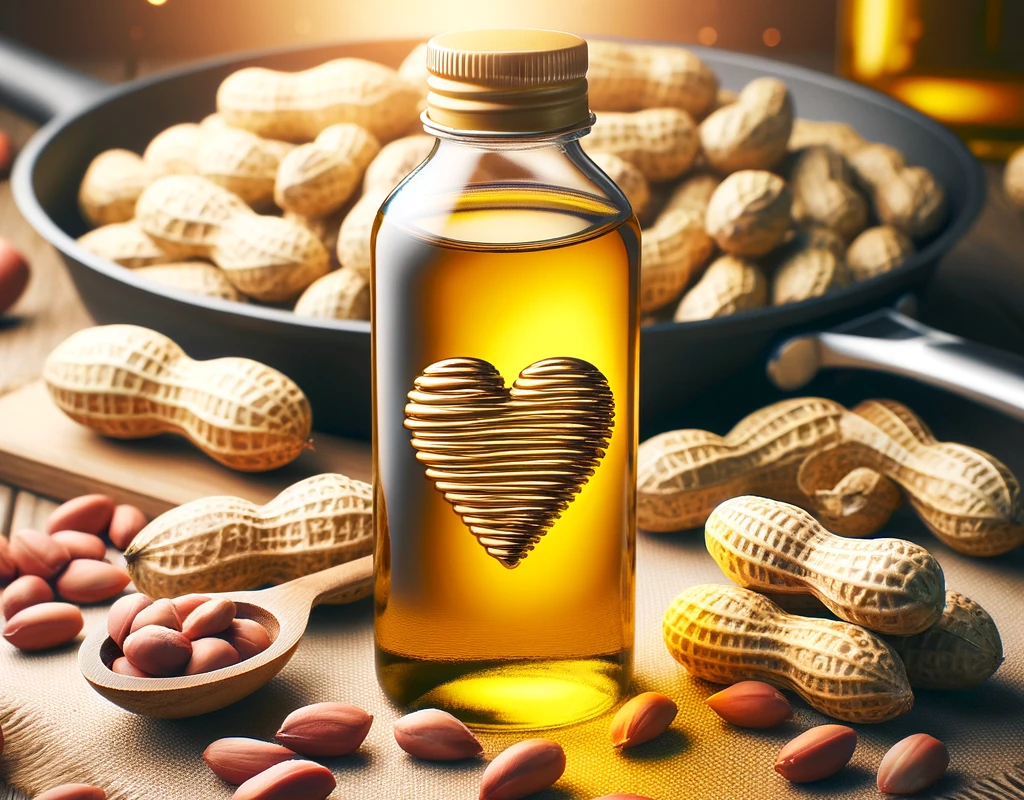In the quest for enhanced sexual wellness, diet plays a pivotal role, often overshadowing other lifestyle adjustments. Among the myriad of nutrient-rich foods, peanuts emerge as a surprising yet potent ally in boosting sexual health. This article delves into the multifaceted benefits of peanuts, highlighting their nutritional profile, impact on libido, blood flow enhancement, hormonal balance, antioxidant properties, stress reduction, and their role as an energy booster.
Nutritional Profile of Peanuts
Peanuts, a legume with a rich history of cultivation, are not only a snack of choice for many but also a powerhouse of essential nutrients. They are abundant in vitamins and minerals such as Vitamin E, Zinc, and Magnesium, which are crucial for maintaining and enhancing sexual health. Vitamin E, for instance, plays a significant role in hormone production, including sex hormones, thereby influencing sexual desire and fertility. Zinc contributes to sperm quality and motility, making peanuts a valuable dietary addition for those concerned with reproductive health. Moreover, the Magnesium content in peanuts aids in muscle relaxation and nervous system function, both of which are essential for a healthy sexual response.
Boost in Libido
The consumption of peanuts can lead to a noticeable increase in libido, a benefit stemming from their dense nutritional makeup. The minerals found in peanuts, such as Zinc, are directly linked to testosterone production in both men and women, enhancing sexual desire and performance. Furthermore, the psychological benefits associated with improved dietary habits cannot be overlooked. A diet rich in nutritious foods like peanuts can elevate mood and reduce anxiety, creating a more conducive environment for sexual desire to flourish. This aspect underscores the importance of a balanced diet, not just for physical health, but for emotional and sexual well-being too.
Enhanced Blood Flow
For sexual health, particularly male erectile function, blood flow is paramount. Peanuts contain a significant amount of arginine, an amino acid that is a precursor to nitric oxide. Nitric oxide is essential for dilating blood vessels, thereby improving blood flow throughout the body, including the sexual organs. Enhanced blood flow not only supports erectile function but also contributes to overall sexual satisfaction for both partners. The benefits of arginine extend beyond immediate sexual performance, offering long-term cardiovascular health advantages, which in turn support sustained sexual health.
In integrating peanuts into the diet, individuals tap into a natural source of nutrients that bolster sexual health from multiple angles. From boosting libido and enhancing blood flow to balancing hormones and reducing stress, peanuts offer a holistic approach to improving sexual wellness. The professional exploration of peanuts as part of a dietary strategy for sexual health not only broadens the conversation around natural aphrodisiacs but also encourages a more comprehensive lifestyle approach to sexual wellness.
Hormonal Balance and Sexual Health
The intricate dance of hormones within our body plays a crucial role in determining our sexual health and overall well-being. Peanuts, with their rich content of healthy fats, contribute significantly to this hormonal balance. The fatty acids found in peanuts are essential for the synthesis of hormones, including those directly involved in sexual health such as testosterone and estrogen. A diet that includes peanuts can help regulate these hormones, ensuring they remain at levels conducive to healthy sexual desire and function. Additionally, the presence of essential nutrients like Vitamin E and Zinc in peanuts supports the endocrine system, further facilitating the delicate hormonal equilibrium necessary for optimal sexual health.
Antioxidant Properties
Oxidative stress can be a silent adversary to sexual health, affecting everything from libido to reproductive function. Peanuts, however, offer a natural defense mechanism through their antioxidant properties. These antioxidants neutralize harmful free radicals in the body, protecting cells and tissues, including those of the sexual organs. This protective measure can have far-reaching implications for sexual health, including the preservation of erectile function and the promotion of healthy sperm and egg production. By incorporating peanuts into one’s diet, individuals can leverage these antioxidant benefits to support their sexual and reproductive health, ensuring that their bodies are better equipped to maintain sexual wellness.
Stress Reduction and Sexual Performance
Stress is a well-known libido killer, with the capacity to significantly dampen sexual desire and performance. The magnesium found in peanuts plays a pivotal role in stress reduction, offering a natural means to alleviate anxiety and improve sexual health. Magnesium aids in the relaxation of the nervous system, promoting a sense of calm and reducing stress levels. This relaxation can directly enhance sexual desire and performance by creating a more conducive mental state for sexual activity. Moreover, the energy-boosting properties of peanuts, attributed to their protein and healthy fat content, ensure that individuals have the stamina and endurance needed for a satisfying sexual experience. By reducing stress and boosting energy, peanuts can significantly enhance sexual performance and satisfaction, making them a valuable addition to a diet focused on sexual wellness.
The exploration of peanuts as a dietary aid for sexual health reveals a multitude of benefits that extend beyond simple nutrition. From enhancing libido and blood flow to balancing hormones and reducing stress, peanuts offer a holistic approach to improving sexual wellness. As we conclude, it’s clear that incorporating peanuts into one’s diet can be a simple yet effective strategy for those looking to enhance their sexual health naturally. By embracing the multifaceted benefits of this nutrient-dense food, individuals can take a proactive step towards achieving a balanced and fulfilling sexual life.
Peanuts as an Energy Booster
Sexual activity demands not just emotional readiness but also physical energy. Peanuts, rich in proteins and healthy fats, serve as an excellent energy booster. The complex carbohydrates and proteins in peanuts provide a steady source of energy, which is essential for sustaining sexual activity. Unlike simple sugars that lead to quick spikes and crashes in energy levels, the energy derived from peanuts is released slowly over time, ensuring stamina and endurance when it matters most. This aspect is particularly beneficial for those looking to improve their sexual performance, as it enables longer, more fulfilling sexual encounters without the fatigue that can come from less nutritious energy sources.
Conclusion
The sexual health benefits of peanuts encompass a wide range of physiological and psychological aspects, from boosting libido and enhancing blood flow to supporting hormonal balance and reducing stress. This comprehensive approach not only highlights the importance of diet in sexual wellness but also positions peanuts as a key player in the quest for a healthier, more vibrant sexual life. Incorporating peanuts into the diet is a simple, effective way to harness these benefits, offering a natural solution for those looking to enhance their sexual health. As we consider the role of diet in our overall well-being, it becomes clear that foods like peanuts, with their rich nutritional profile and health benefits, should not be overlooked in the pursuit of sexual health and satisfaction.




